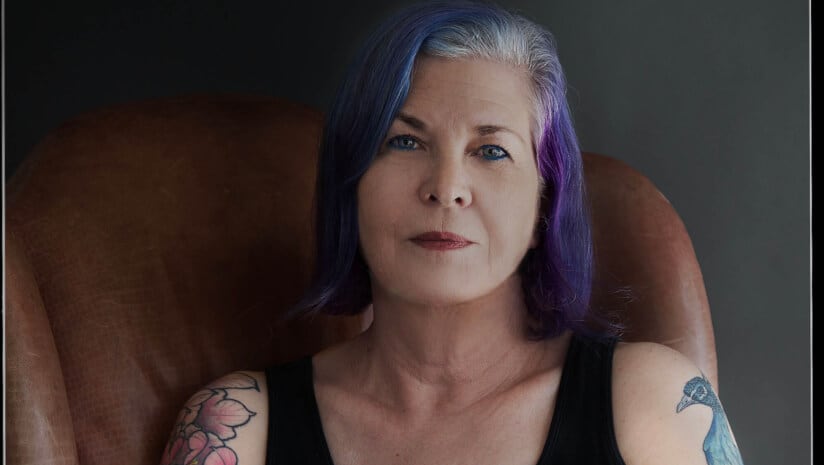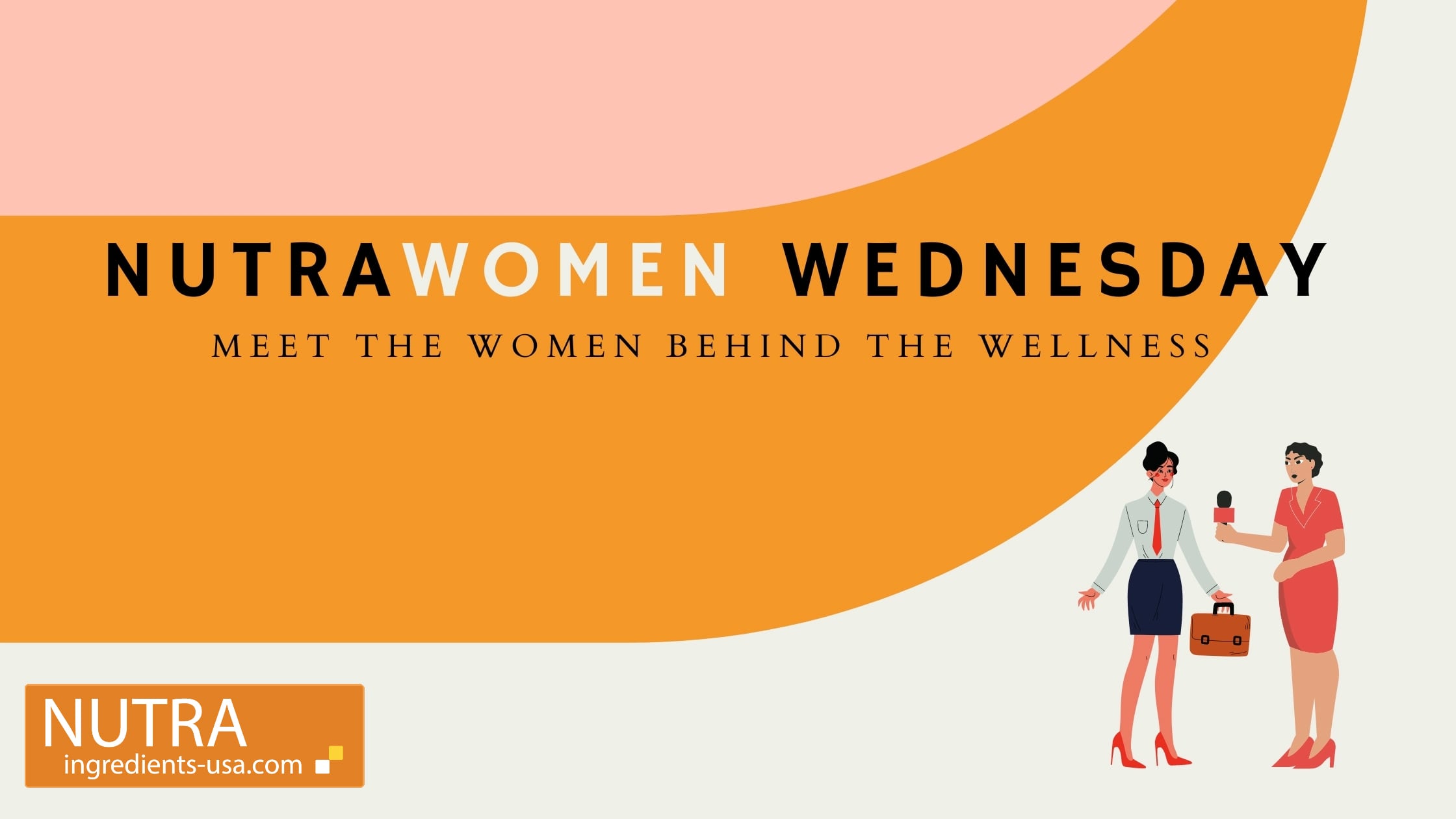From 1979 to 1982, Shelton established herself as one of the country’s first female punk rock DJs, spinning at Chicago nightclub Neo, a popular haunt for the likes of David Bowie, Iggy Pop, David Byrne, U2 and the Clash.
When she became pregnant with twins, she shifted focus and began working for a disposable diaper manufacturer because of the company’s ecological mission but soon found that she did not align with the CEO.
“The joke I tell is, ‘If I’m going to work for a crazy person, it’s going to be me’,” Shelton said. “I had met enough people who liked what they saw me doing and who liked what I had to say. It wasn’t easy, but I was able to branch out on my own.”
These people were individuals working in the early days of the modern supplement industry, who she had connected with at trade shows during her time with the ecological diaper company.
A nutraceutical revolution
Shelton’s first trade show was Natural Products Expo West nearly four decades ago, which she described as a convergence of old hippies espousing the benefits of products like Yogi Tea and Sunshine Oils. She estimates there were maybe 10,000 Expo West attendees in those early days compared to the 65,000-plus in recent years.
The most prominent retailers walking the show included companies like Mrs. Gooch’s Natural Food Markets and natural food retailer Bread & Circus—both later acquired by Whole Foods Market.
Shelton said the show took on a different character after the passage of the Dietary Supplement Health and Education Act (DSHEA) in 1994. The law defined and established standards with respect to dietary supplements.
“All of a sudden the suits descended—that’s what we called them, ‘the suits’," she said. “We started seeing all these corporate people with different sensibilities, and then that was quickly followed by a lot of money people… The shows grew exponentially. The industry grew a lot, changed a lot. It became more about big business than it had ever been before.”
She added that there was concern that big corporations buying up established health food brands would ‘unnatural’ them and the growing ‘supernatural’ retail chains would undercut the prices of mom-and-pop stores to drive them out of business.
Privately owned supplement companies
Just as corporations were getting into the supplement space, more traditional, privately owned supplement companies were also expanding.
Ingredient supplier Sabinsa was broadening its reach three decades ago when it hired Shelton to manage its messaging. Its concern was that other companies were stealing its research and claiming it as their own. ‘Borrowed science’ is how the industry sometimes calls it, Shelton said.
Working with Sabinsa, Shelton learned that she enjoyed focusing on the botanical side of the supplement space. As her PR firm, Shelton Group, grew, so did her roster of clients within the botanical space. Today she works with clients including mushroom supplier Nammex, botanical and fungi analytical testing lab Alkemist Labs, and herbal supplement supplier Nuherbs, and natural products manufacturer NOW Foods. She also represents supplier Ethical Naturals and practitioner-quality botanical products manufacturer Herbalist & Alchemist. Some of Shelton’s business relationships are decades old.
“My privately owned clients have the freedom and foresight to think longer term and make decisions for the right reasons rather than having the financial pressure of the balance sheet looking a certain way short term,” Shelton said.
Over the last 35 years, Shelton has also witnessed the evolution of trade associations within the supplement industry. For instance, she said the Council for Responsible Nutrition, led for many years by Annette Dickinson, was known for its partnerships with large companies but often lobbied and organized on its own. She said that changed when current CRN president Steve Mister took the helm 20 years ago and has fostered greater collaboration among other trade groups.
However, Shelton noted that few organizations take on botanical concerns as readily as the American Herbal Products Association (AHPA), where she serves as the organization’s communications committee chair. Five of her clients are on the AHPA board.
She also witnessed the evolution of the Utah Natural Products Alliance, now called the United Natural Products Alliance (UNPA), which Shelton said formed into a “highly influential, well-informed group of companies.”
A new generation
Shelton studied journalism in college, which she said has been an asset in public relations in terms of knowing how to best pitch editors with messaging and what stories to tell. It also helps that most people in the supplement industry know who she is.
“They know my reputation—I’m really not worried about being tainted by a client at this point because I’m solidly established, and people know that I’m not a charlatan,” she said. “I actually would think that companies would be more worried about working with me if they are going to be doing something underhanded. I know everybody.”
Her point about ‘being tainted’ is more a conversation about professional ethics.
Shelton advises PR professionals entering the supplement industry not to rush to take on a client who has questionable ethical practices because they ‘need’ a client. During her tenure, Shelton ended a client relationship when she discovered its manufacturing facility was filthy and dropped another because they were abusive to their personal assistant.
It is these values she hopes to instill in the next generation of PR leaders in the supplement space, including her son, Buck Foley, who currently works as a recruiter for dietary supplement companies.
“Really find yourself good allies,” Shelton said. “Find yourself good clients but take care of them. Don’t be afraid to fire a client if you don’t like their ethics. Seek out the best companies that are doing things right and figure out how you can be an asset to them.”
“It all works out,” she added.



